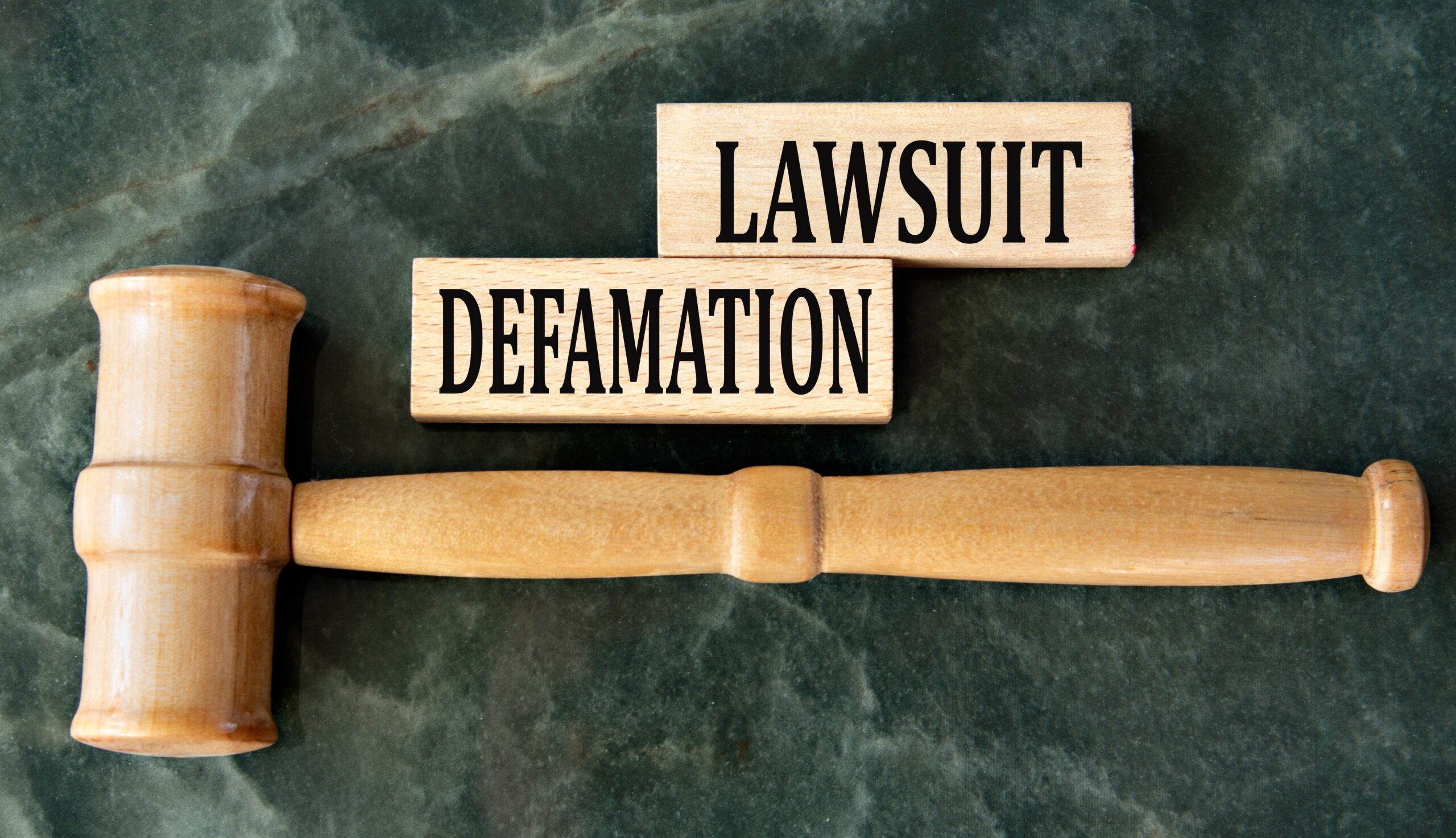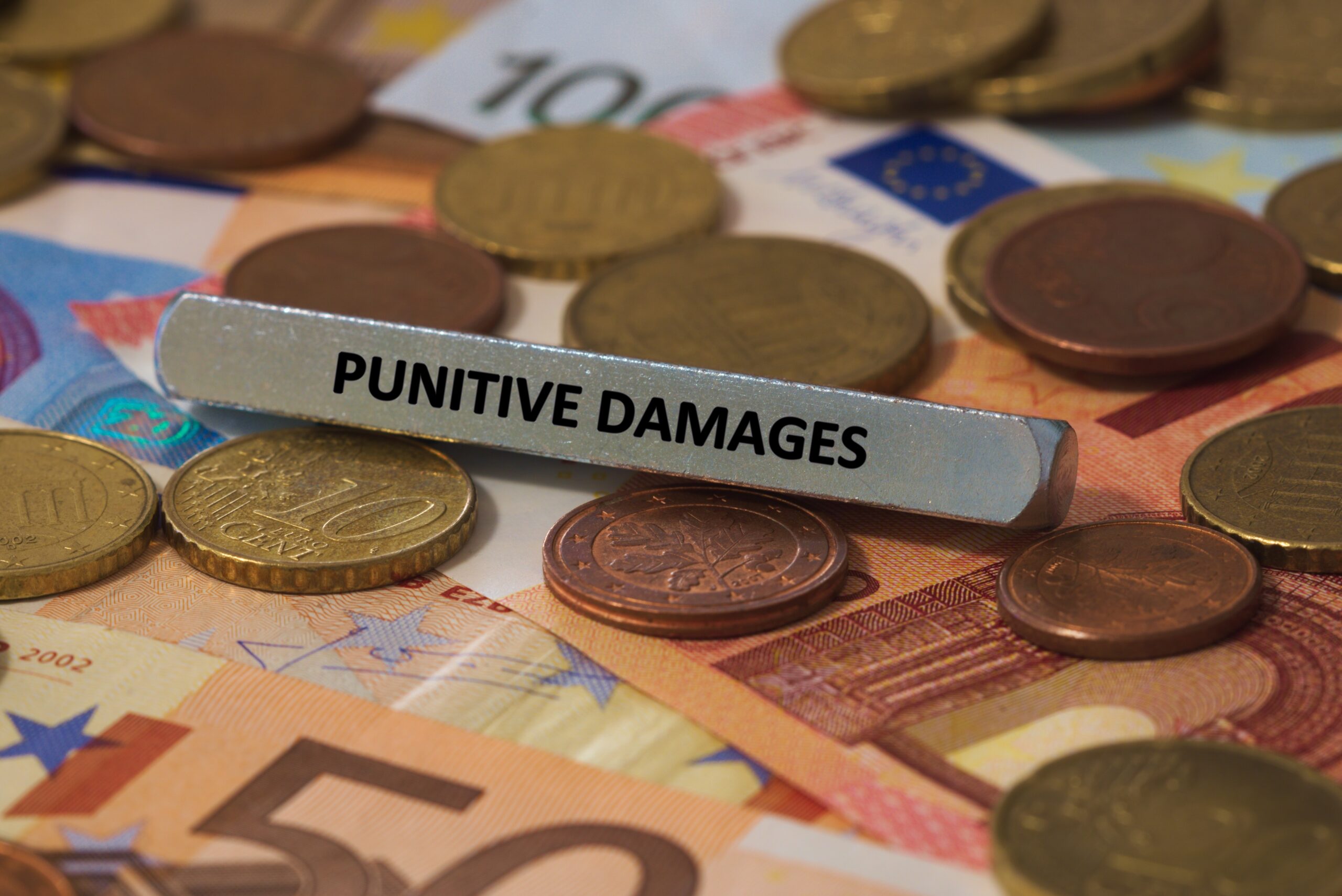
On June 18, 2025, Justice Andrew Borrok of the Manhattan Commercial Division issued a post-trial decision in IGC 444 Park LLC et al. v. 444 PAS Restaurant Associates LLC et al., finding individual defendant David Moinian (“Moinian”) personally liable for defamation per se. The ruling arose from statements Moinian made accusing IGC 444 of taking kick-backs, an allegation the court found to be both false and damaging to IGC 444’s professional reputation.
Background
On July 16, 2017, plaintiff IGC 444 Park LLC (“IGC 444”) entered into a management agreement with defendant 444 PAS Restaurant Associates LLC (“444 PAS”) to operate food and beverage services at the Mondrian Park Avenue Hotel. David Moinian signed the agreement as managing member of 444 PAS.
Under the agreement, 444 PAS was obligated to, inter alia, maintain a $150,000 working capital account, sign and submit any checks and invoices prepared by IGC 444 for payment of expenses related to food and beverage operations, and pay a management fee to IGC 444.
On January 21, 2019, IGC 444 issued a notice of default to 444 PAS and Moinian, alleging repeated breaches of the management agreement, including failure to pay invoices, maintain the working capital balance, and pay management fees. When 444 PAS failed to cure these breaches, IGC 444 filed suit, asserting various causes of action, including breach of the management agreement and defamation against Moinian, both individually and in his capacity as managing member of 444 PAS.Continue Reading Defamation in Business Disputes: Executive Held Personally Liable for False Kick-Back Accusation








